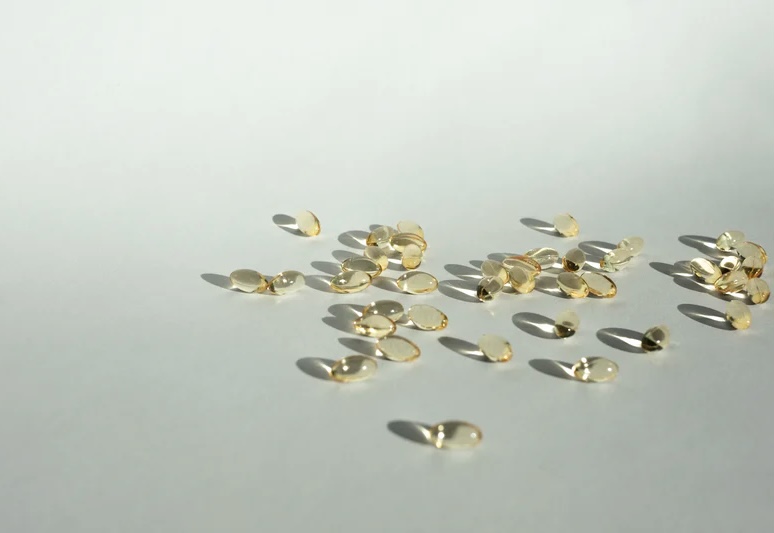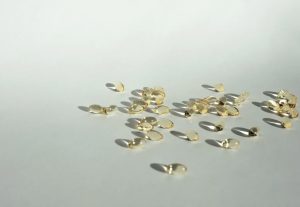
Healthy doses of vitamin D may ward off dementia.
The human body requires a delicate balance of vitamins and minerals.
These work together to aid the functioning of cells in muscles, nerves, and other tissue.
As the control center of the body, the vitamins and minerals are essential to the functioning of the brain.
According to a recent Medical Xpress article titled “Vitamin D deficiency directly linked to dementia,” researchers have focused attention on how certain vitamins impact dementia development.

Those who do not get enough Vitamin D naturally may require supplements.
A recent study from the University of Australia focused on genetic research, dementia, and vitamin D.
The study reviewed data from about 300,000 participants from the U.K. Biobank and was published in The American Journal of Clinical Nutrition.
Researchers examined whether modifiable exposure of vitamin D might have a causal effect on dementia.
Specifically, the researchers revised neuroimaging outcomes to determine whether low levels of vitamin D might impact the risk of stroke or dementia.
What was considered lower levels of vitamin D for this study?
The researchers defined low levels as 25 nmol/L.
What did the study find?
According to the research, lower levels of this vitamin were connected to lower brain volumes and a higher risk of stroke or dementia.
Some population showed as many as 17 percent of dementia cases could have been prevented by increasing vitamin D levels to a normal 50 nmol/L.
Why are these findings significant?
Vitamin D has been well known for its importance to the human body.
This study demonstrates how addressing vitamin deficiency can support better cognitive functioning while aging.
Dementia is a common ailment worldwide and impacts both the diagnosed individuals and their families.
By targeting this vitamin deficiency, fewer people may have to contend with the dementia.
Although appropriate sun exposure and certain foods can supply doses of vitamin D, some people may require supplements.
Personally, I take vitamin D daily with 4,000 IU when we "spring forward" for daylight saving time and 6,000 IU when we "fall back" for standard time.
This is my personal rule of thumb.
But, hey, as they say, "I am not a doctor and do not even play one on TV," so do not listen to me! [Let that serve as my "legal disclaimer" like the ones at the end of drug commercials on TV.]
Talk with your doctor about whether you or a loved one might benefit from a change in diet or adding supplements.
Reference: Medical Xpress June 14, 2022) “Vitamin D deficiency directly linked to dementia”
REMEMBER: “The choice of a lawyer is an important decision and should not be based solely upon advertisements.”
This statement is required by rule of the Supreme Court of Missouri.
